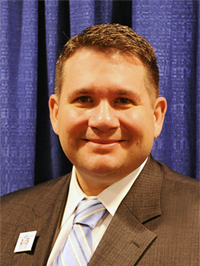 Pata Suyemoto
Pata Suyemoto
Working to Dispel Stigma Among Asian Americans
Cultural stigma and language barriers result in extremely low utilization of mental health services among Asian Americans (8.6 percent versus nearly 18 percent of general population). But individuals and organizations are working to narrow the gap between the need for services and the use of services. Pata Suyemoto is a Massachusetts-based mental health activist and educator. Mood disorders are present in both of her parents’ families, and she lives with treatment-resistant depression.
How was depression addressed in your own family?
My father, who is Japanese American, did not acknowledge mental health issues in his family, including those with my mother or me. The denial and sense of shame about mental health issues were unavoidable, and I still see that in other Asian Americans today.
What is the key issue and what are you doing to create change among Asian Americans?











Connect With Us